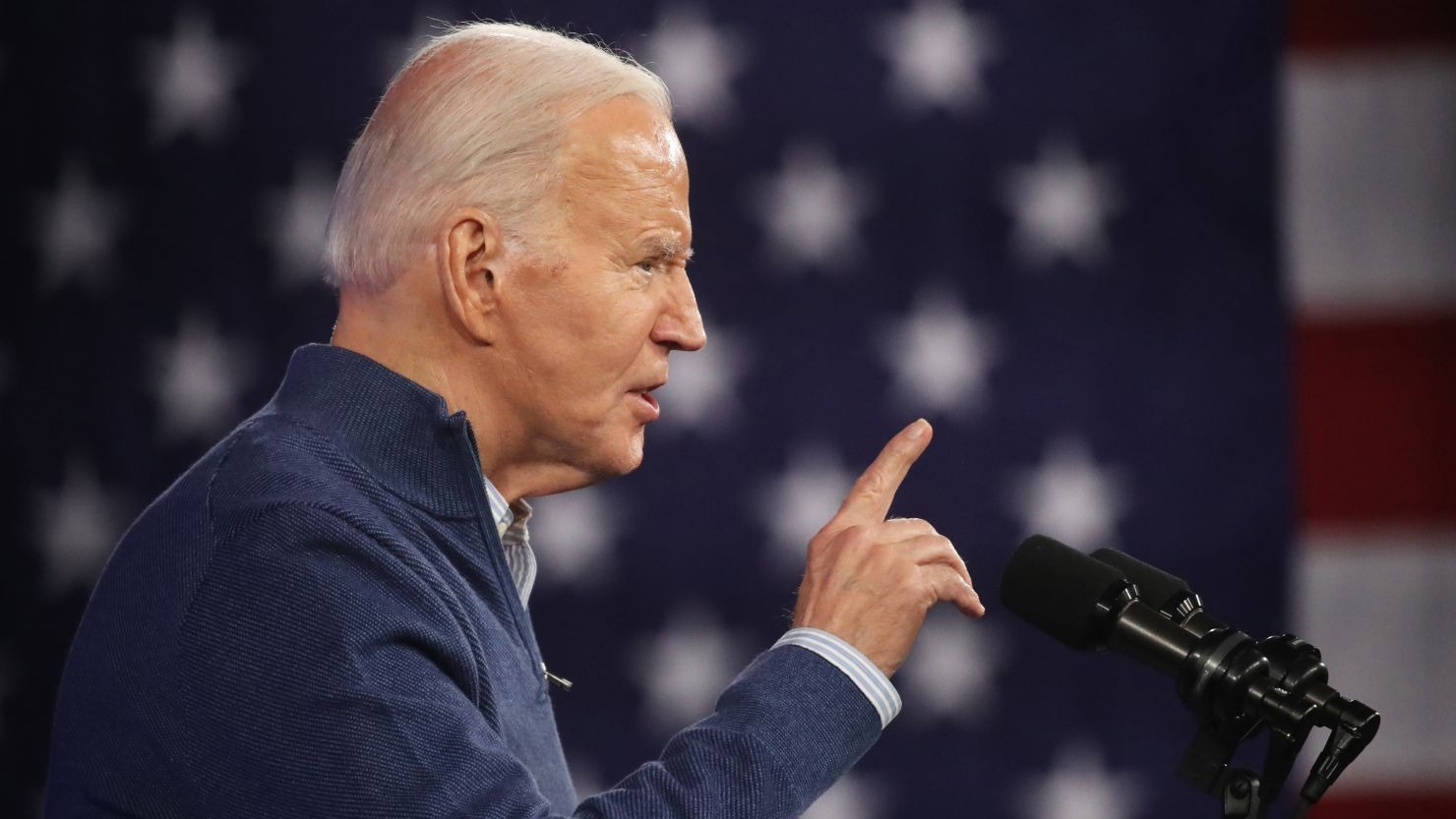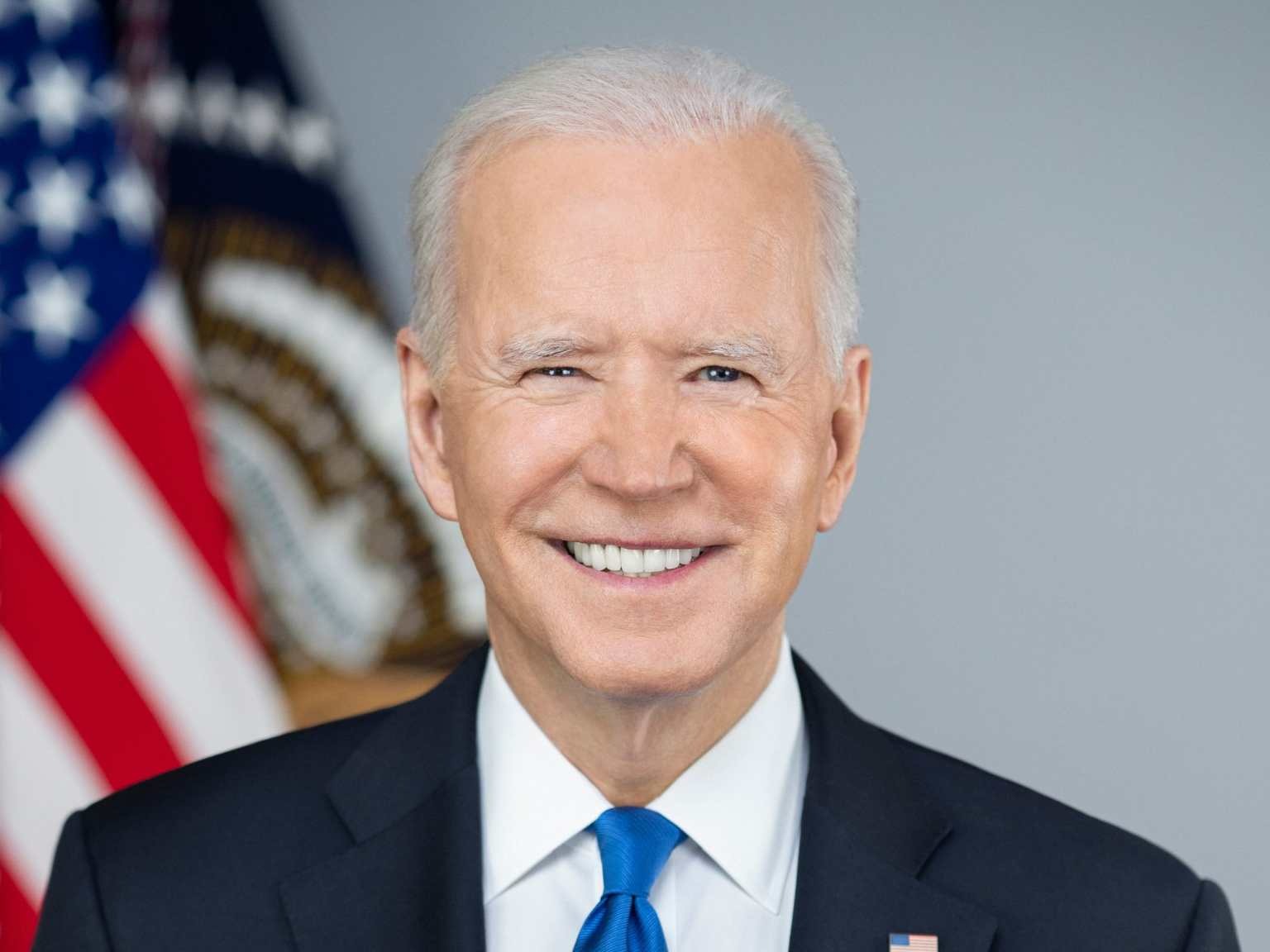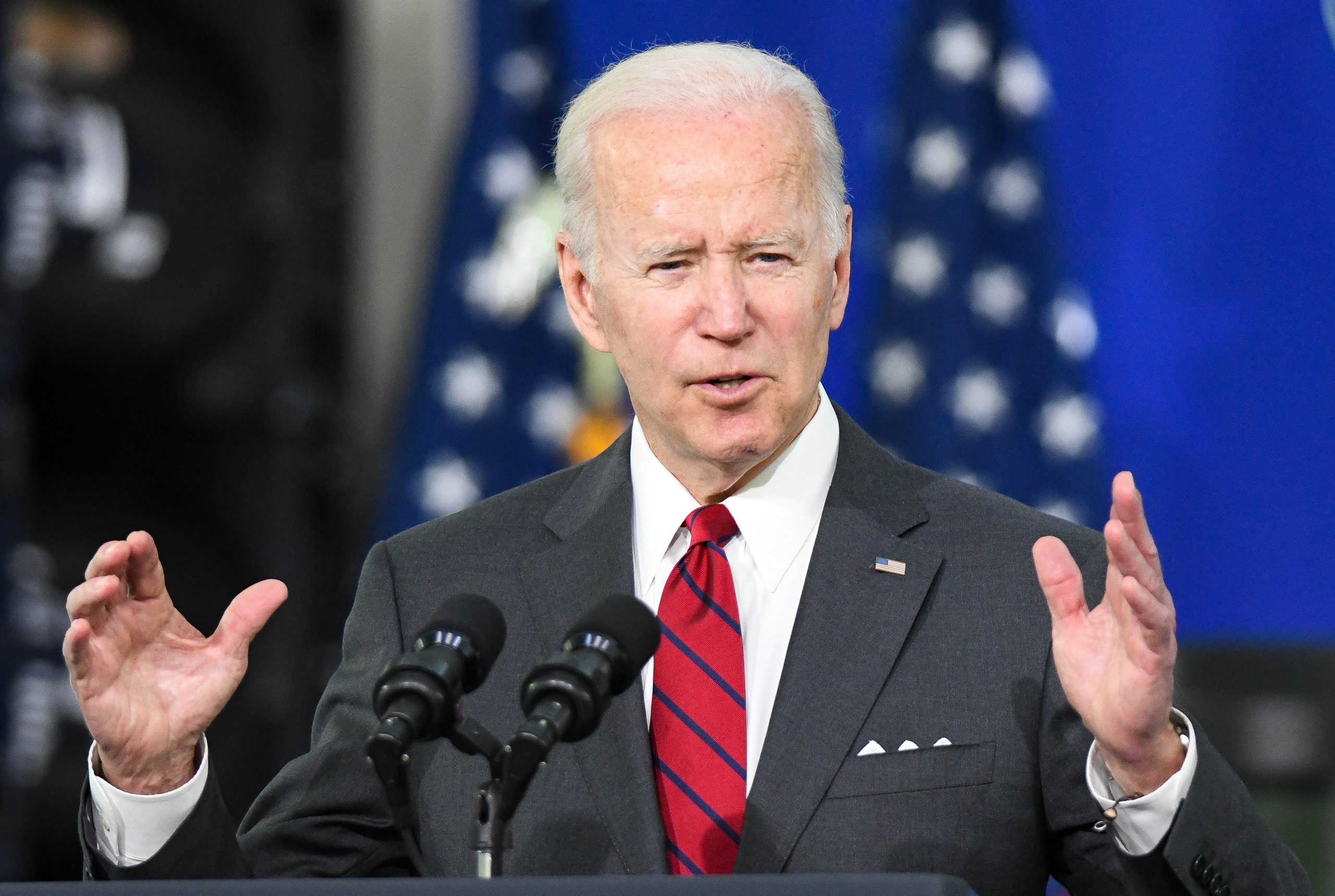The ongoing Israel-Hamas conflict has put President Joe Biden in a challenging position, highlighting concerns among his advisers and allies regarding the impact on his image and the broader implications for his potential re-election bid in 2024.
The situation has intensified scrutiny over Biden’s foreign policy approach, particularly after the tragic incident involving World Central Kitchen aid workers and the subsequent U.S. warning to Israeli Prime Minister Benjamin Netanyahu.

President Joe Biden (Credits: CNN)
This conflict and the U.S.’s response reflect a delicate balancing act in foreign policy and domestic political considerations. Biden’s reputation as a seasoned and empathetic leader is being tested against the backdrop of a prolonged and devastating war, raising questions about the effectiveness of his administration’s approach and the leverage of the United States in enacting change in the region.
The rapid Israeli agreement to open new humanitarian aid routes following Biden’s intervention suggests that assertive U.S. diplomacy can yield tangible results.
However, the broader ramifications of the conflict, including the humanitarian crisis in Gaza and the potential for protests at the Democratic Convention, indicate a complex landscape that the Biden administration must change.

Joe Biden (Credits: The White House)
Despite these challenges, there’s an undercurrent of political calculus, with some viewing the administration’s strategies as tied not just to achieving peace or stability in the Middle East but also to Biden’s domestic political fortunes and the looming prospect of a rematch with Donald Trump in the 2024 presidential election.
The debate within the Democratic base, especially among young people, Arabs, Muslims, and progressives, underscores the divisive nature of the war’s handling and its implications for Biden’s leadership image and electoral prospects.























